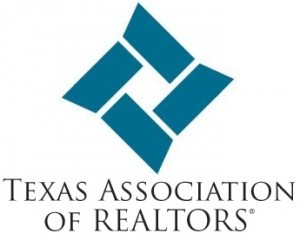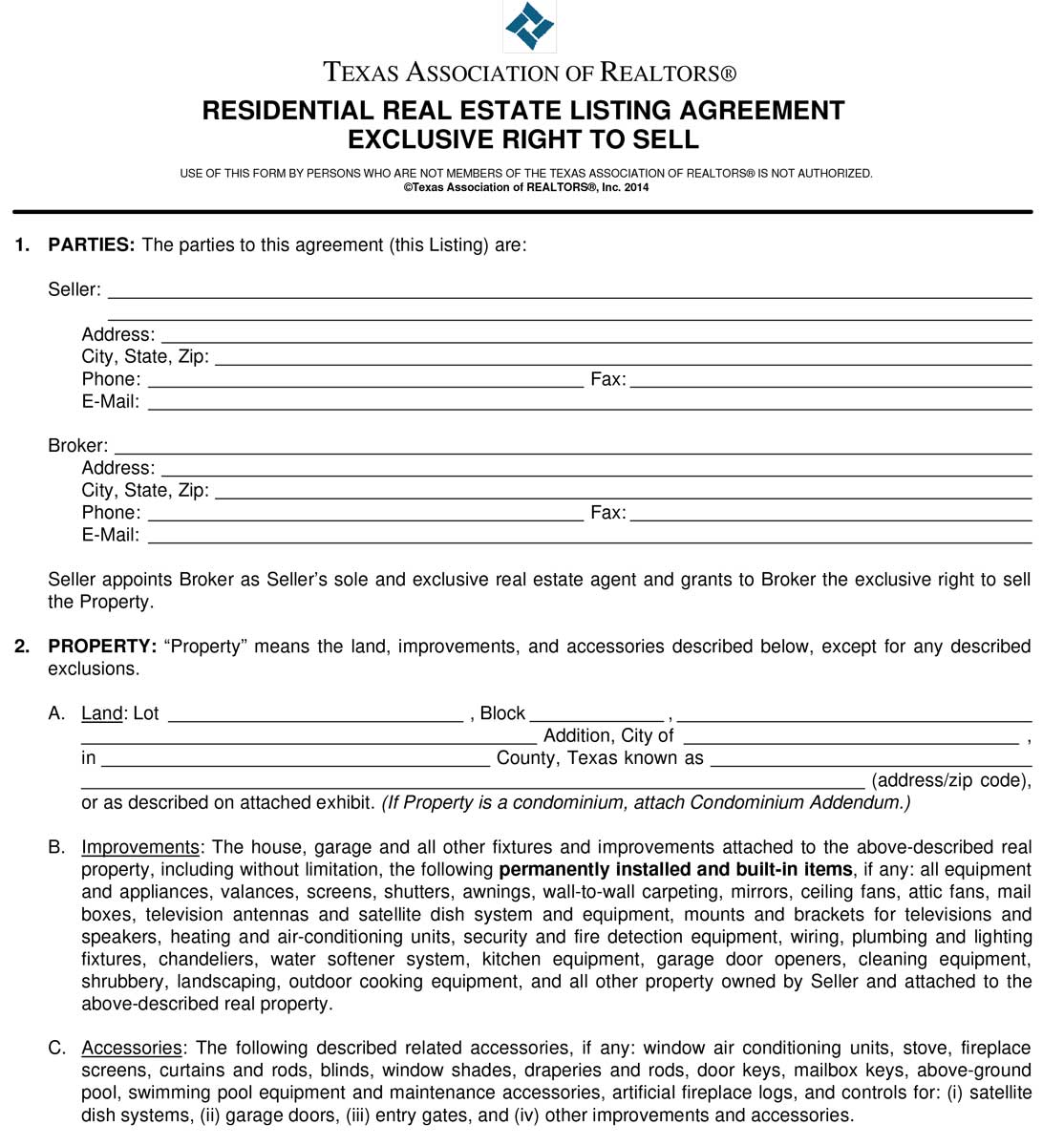 Note: The Texas Association of Realtors and TREC update promulgated forms regularly. For the most recent updates, check with TAR, TREC, or contact me at brian@starpointerealty.com.
Note: The Texas Association of Realtors and TREC update promulgated forms regularly. For the most recent updates, check with TAR, TREC, or contact me at brian@starpointerealty.com.
Note: I am a real estate professional, not a lawyer. Nothing herein should be construed as legal advice or instructions.
BLUF
- Listing agreements are between you and brokers, not the agents (agents represent brokers)
- Everything attached to the house is part of the house. Take it down if you don’t want to sell it.
- The address is not a legal description. Ensure you have the right legal description at the County Tax Assessor’s property search site.
Weclome to the new Hood Homes Blog series on Texas Association of Realtor (TAR) contracts. Previously we went through the 24 paragraphs of the purchase contract, information that both buyer and seller need to know. We now embark on the Listing Agreement – the contract between a seller and their Realtor.
TAR actually has several different listing agreements, including separate forms for Farm & Ranch and Commercial transactions. The listing agreement below is used for residential transactions.
Before even beginning with the paragraphs, we will begin with the title – the Exclusive Right to Sell. What does that mean? It means your agent’s brokerage is entitled to any fees/commissions agreed upon in this agreement if your home sells at all, at any point during the term of this agreement. For example, if you list it, and then find out a month later that your nephew wants to buy your home, you may not be inclined to think your agent did anything to find you that buyer. You might be inclined to try to save some money on the commission. If this agreement is in place, you can’t. If you sell to anyone, your agent’s brokerage gets paid their commissions.
This protects brokerages from sellers walking away with the buyers brokerages bring them, and ensures they have the client’s full commitment in exchange for the service that the brokerage is going to provide, without getting paid unless/until you sell.
There is an exception if you have the Exclusive Agency and Named Exclusion Addenda. You can use these to specify a person by name ahead of time (e.g. your nephew) who you think might want to buy the house. But in the meantime, you can still get the home on the market looking for other buyers in case your nephew doesn’t pan out. You don’t have to necessarily pay the full commissions if you sell to your nephew, but also can begin trying to find other buyers in your market.
Paragraph 1. Too easy. Paragraph 1 is just who the agreement is between – the sellers on one side and the agent’s brokerage on the other. Any and all owners of the property should be on the listing agreement.
On the Realtor side, the information is NOT the Realtor’s name (unless they are the broker). We will discuss more later, but you are not entering into an agreement with a Realtor, but with a brokerage (e.g., instead of Brian E Adams, it is StarPointe Realty). I as the Realtor represent the brokerage, who represents you.
Paragraph 2.A. What is getting sold? It’s a little more complicated than just “the house”. Firstly, your house’s mailing address is not a legal description of the property – mailing addresses can change. You can search your property’s legal description (and tax records, tax appraised square footage, and other items) at the tax assessor’s office online. Check out BellCAD if you live in Bell County (Killeen, Harker Heights, Nolanville) or CoryellCAD (Copperas Cove, Kempner, Gatesville).
Paragraph 2.B and C. So, what else is getting sold? Can you dig up and take your favorite fruit tree with you when you move? What about the expensive water softener you’re still making payments on? If it is attached to the house, then it is part of the house. This paragraph goes through the trouble to go down a long list of items that go with the house. Further, things not attached to the house but that are “accessories”, or clearly house-related, also go with the house (garage door opener, pool chemicals). Note – this is why you will often get contracts that specify that the refrigerator goes with the house on a Non-Realty Item Addendum. Why not the stove? Built-in microwave or dishwasher? Because those are usually attached to the home. Refrigerators aren’t, and therefore aren’t automatically being sold with the home.
Paragraph 2.D. O wait, actually – you can take your favorite fruit tree with you when you move. You just need to be sure to list it here in the exclusions (and Paragraph 2.D in the contract with the buyer, when you get to that point). My advice is to take down/away anything you do not intend to sell with the house. Especially items like mounted TVs (part of the house!), you don’t want to slip up and forget to exclude them on the contract with the buyer. Better just to take it down now, if applicable.
Paragraph 2.E. Lastly is just the note whether the property is in a Home Owner Association (HOA). An HOA is “part of” the property (it’s actually in the deed!) and therefore is noted here. There are only five HOA neighborhoods in the Fort Hood area at the moment.
As I alluded to earlier, this exact same paragraph appears on the future contract with the buyer. You will want to be sure to review this paragraph then to ensure you are not forgetting an exclusion and end up accidentally selling your hot tub with the house (I’m actually not sure if a hot tub counts or not – but if in doubt, exclude it!)
Questions? Need help? Have feedback? Email me at brian@starpointerealty.com or post it to the Facebook comments below for everyone to see! And if you have a home in the Fort Hood Area you are looking to list, please contact me for an interview and market analysis. Or download my Ultimate Fort Hood Area Home Seller Guide!


